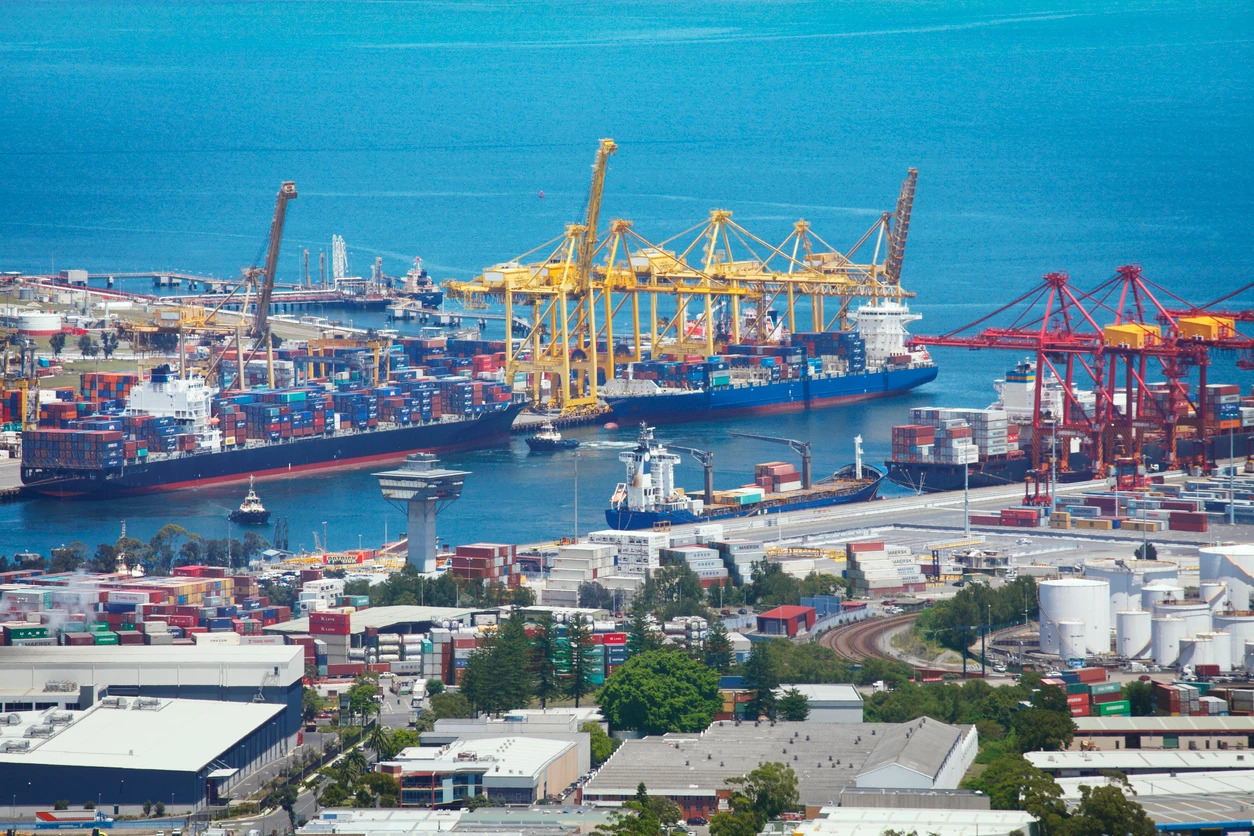Maritime Industry Fights a Battle That Could Push Companies Over the Edge.
COVID-19 has had a widespread impact on the maritime industry and global trade. For the better part of a year, shipping companies the world over have had to navigate complex restrictions, redirections, port congestion and long vessel delays. Additionally, severe movement restrictions implemented to prevent the spread of disease, have made the change over of seafarers challenging on every continent. Crew changes have been notoriously difficult in key locations around the world, further adding to transnational supply chain delays.
In September 2020, COVID strained supply chains came under even greater pressure as a result of the Maritime Union of Australia’s (MUA’s) latest industrial campaign. Shipping giant Maersk stopped all imports arriving into Sydney in response to the disruption and delays caused by bans and go-slows. Industrial action affected all three major stevedores at Port Botany with congestion building to unprecedented levels and resulting in 11-day delays and redirections to Melbourne. Port operations have since resumed after the MUA agreed to halt action until 1 November 2020. However, Shipping Australia warned shippers and forwarders to expect substantial disruption to container supply chains for the foreseeable future.
Massive supply chain disruptions are being felt across the world due to COVID restrictions, with CEO’s from global-scale consumer goods companies appealing to the UN for help. Major manufacturers and retailers report disruptions to supply chains involving essential consumer goods such as food and hygiene products. 31 CEO’s called upon governments to support the international community stating that “international trade and global supply chains are dependent on the smooth operation of maritime transportation.”
Approximately 800,000 seafarers are currently adversely affected by government restrictions, with no relief in sight. The transportation of essential commodities such as iron ore, energy and medical supplies is only a fraction of a part of the seven trillion-dollar shipping industry that is at risk. Without a resolution to crew change restrictions, Guy Platten, Secretary-General of the International Chamber of Shipping (ICS) warns of a potential logjam that could have devastating consequences on global trade.
The ICS, IMO, the UN and CEO’s have implored governments to hear their plight to:
list seafarers as essential workers;
ensure safe crew changes can take place by implementing the IMO protocols;
cooperate internationally; and
exempt seafarers from travel restrictions.
Shipping Australia CEO Rod Nairn urges WA, VIC and NSW governments to “act with urgency” warning that any continued restrictions will severely impact each state. Continued crew change restrictions will not only negatively impact each state in Australia, but will also wield knock-on effects on international trade that could be the straw that breaks the camels back. As the world continues to battle the COVID-19 pandemic, companies the world over are fighting to stay afloat. Increases in movement restrictions, continued crew change restrictions, and additional pressure from the MUA could not only imperil the maritime environment but could also push companies and countries over the edge.
Avion Australia has a vast global network of partners that are industry professionals. We have been successfully drawing on our connections to deliver seamless services to our clients. The entire Avion team work hard to navigate these unchartered territories, and through clear, honest communication provide peace of mind that Avion will get the job done.
Recent posts
Sign up and stay update
Follow us
